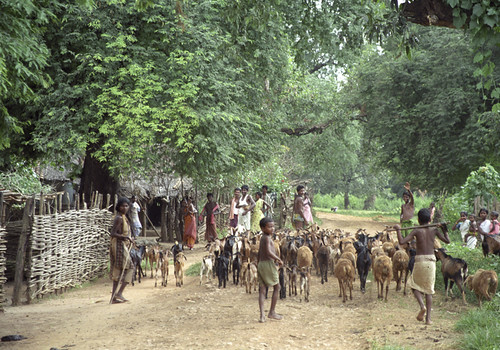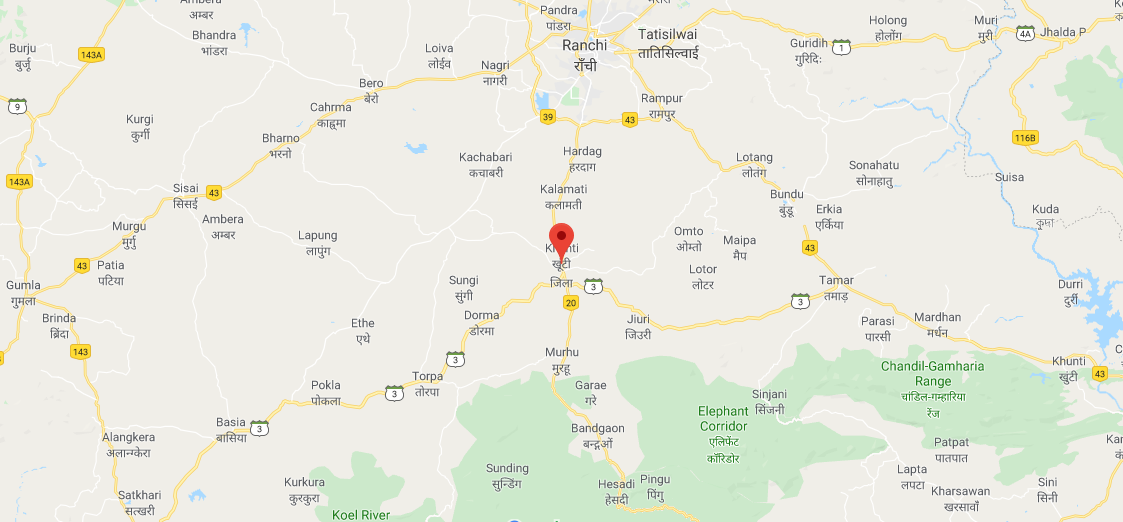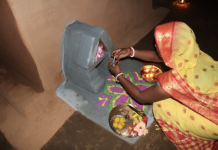
Jharkhand’s Khunti district is fast becoming a tribal stronghold where dissent is growing each day. Situated merely an hour away from the capital city of Ranchi, Adivasis in Khunti have been recently debating whether they should participate in the upcoming electoral process in the state or whether they should boycott it as part of a movement called the Pathalgadi that they raised.
The movement started in 2017 when stone monoliths engraved with provisions of the Indian Constitution began to be installed in the villages of Khunti. These stone monoliths had engravings that highlighted the special autonomy that the Indian Constitution granted the Adivasis under the Fifth Schedule of the Indian Constitution.
The Jharkhand police resorted to violence while dealing with the Adivasi crackdown and filled cases against thousands of Adivasis in the Khunti district. Many of these tribal people have been charged with sedition under Section 124 A of the Indian Penal Code. This section is used to punish anybody who is seen to “excite, or attempt to excite feelings of disaffection against the government” with terms that could include life imprisonment.
This situation is specifically grave because more than 10,000 Adivasis have been accused against sedition.
The severe punishment that the Adivasis have been given for invoking nothing else but their constitutional rights is extremely tragic. What must be acknowledged is the fact that the charges imposed on the Adivasis of the Khunti district were in the context of Pathalgadi, which is a tribal tradition of erecting stone to demarcate specific areas of their village’s jurisdiction.
During the last couple of years a movement had emerged wherein members of several villages in Jharkhand including Khunti,Arki and Murhu tribes had begun practicing this tradition in a big way.
Based on the practices which have been going on for generations amongst the Munda tribe, the Provisions of the Panchayats(Extension to Scheduled Areas)Act 1996(PESA)and rules formulated by the Gram Sabha(Village Council) have been written on stone slabs and have been fixated to the entrances of these villages.
Presently, a writ petition challenging the imposition of sedition charges at a mass scale on the Adivasis of the Khunti district has been filed in the state’s High Court.

The writ petition was filed in August this year by lawyer Sunil Vishwakarma on behalf of the newly formed village organisation called the Adivasi Nyay Manch.
The petition demands that the cases be transferred to a special investigation agency. More than 10,000 people who took part in the Pathalgadi movement have been charged with sedition charges in 14 FIRs filed by the district police in 2017-18. The Police has accused the leaders of the movement of wrongly exciting the tribals against the government.
But the writ petition had repeatedly enquired how their interpretation of the law was declared incorrect in this context. The Adivasis of the Khunti district are living in extreme fear because they assert that many innocent people too have been convicted and there are complete chances of being falsely implicated in the matter. Villagers of the Khunti district are mobilising themselves and collecting funds to be able to fight the legal battle that lies before them.













